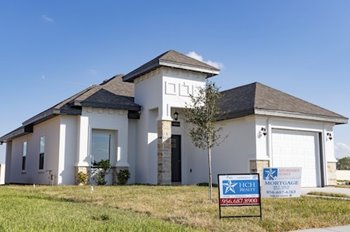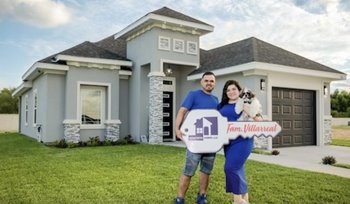Insurance, a repair business, a real estate firm and a sub-shop franchise. These are just some of the ways NeighborWorks network organizations earn revenue to support their nonprofits, which, with new management practices and processes, should help those nonprofits remain stable for years to come.
How can leaders find the right way to increase revenue streams? And why should organizations consider such changes? Jaclyn Libowitz and Sheila Maith will answer those questions during "Culture Revolution: Transformational Change for a Sustainable Business Model," a new course at NeighborWorks America's upcoming 2022 Winter Virtual Training Institute (VTI). The course should appeal to nonprofit leaders striving to be less reliant on grants and fundraising. It will also appeal to those who want to understand how cultural change is essential to efficiency, scale and the long-term stability of their nonprofits.
"The intention is to help organizations look at themselves carefully, determine how they can be less reliant on external funding and more innovative in funding through products of their own," says Libowitz, a coach with NeighborWorks America's Sustainable Business Initiative (SBI). "That way, they can generate more clients, more income, more opportunities for staff and more opportunities for the community." Essentially, it comes down to working smarter, not harder.
"There's been a lot of buzz about the need for nonprofits to become more entrepreneurial and get out of the cycle of having to raise every dollar," says Maith, a consultant who served as coaching coordinator for NeighborWorks SBI participants. Making the change isn't like flipping a switch; you have to think about the office, the business, the culture. The course will help students establish a path forward.
Nonprofits opting for the sustainable business model will still have to do fundraising, Maith says. But earning your own money provides breathing room – and freedom, given that raising funds often means someone else's agenda is tied to your own. "Every dollar you earn yourself has no strings on it," she says. "That's worth exploring."
A sustainable program in Texas
Affordable Homes of South Texas, Inc. (AHSTI), had noticed a decline in federal and state funding.  So the organization began looking for ways to generate income. They started by incorporating a real estate agency, HCH Realty (for Homes, Community, Hope), into their business plan. "It was meant to plug a gap that we had," explains Myra Martinez, deputy executive director or operations.
So the organization began looking for ways to generate income. They started by incorporating a real estate agency, HCH Realty (for Homes, Community, Hope), into their business plan. "It was meant to plug a gap that we had," explains Myra Martinez, deputy executive director or operations.
When NeighborWorks started its initiative to help network organizations become more viable for the long haul, AHSTI became part of the inaugural group, adding other enterprises to their strategic plan with the goal of relying less on outside funding while still helping the community.
Among their projects:
- A for-profit company called TuCasa Investments, to serve as an umbrella for all the subsidiaries.
- Framework Homes, LLC, a custom homebuilder with an affordable price range.
- Hope Insurance, LLC, an independent insurance company, in operation since 2016.
The nonprofit even opened a Blimpie sub shop, but closed it after three years when a Chick-Fil-A
 opened across the street, says Martinez. "It ran its course. But it did what it was supposed to do. It gave us attention, especially among funders who began looking at nonprofits in new, innovative ways." Now, the revenue side of the operation covers about 20% of Affordable Homes' $5 million budget.
opened across the street, says Martinez. "It ran its course. But it did what it was supposed to do. It gave us attention, especially among funders who began looking at nonprofits in new, innovative ways." Now, the revenue side of the operation covers about 20% of Affordable Homes' $5 million budget. Not everyone on staff was open to the new mindset, which AHSTI expected. But Martinez says it's become part of the business culture: To provide not just services, but revenue so the nonprofit can continue its mission.
As a nonprofit, AHSTI wanted to focus on what was important, even as they earned revenue. "There's a balance," Martinez says. "When you take on a sustainability initiative, it's okay to make money with the idea that you're going to come back and feed your organization so you can do what's important to you. It's a life model for a business."
AHSTI just celebrated its 45th anniversary. "We're confident we'll hit 100 because we're setting ourselves up to be long-lasting," Martinez says. In 2021, AHSTI was one of two dozen NeighborWorks' SBI participants to earned revenue that exceeded $1 million.
The Winter NeighborWorks Virtual Training Institute takes place online Feb. 7-11. Registration is open.

